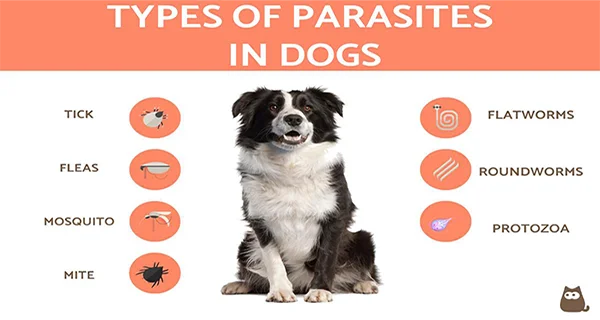
Nutrition Essentials for Dogs and Cats
Learn about the nutritional needs of your pets and how to choose the right diet for their age, breed, and health status.
Read MoreHelpful information to keep your pets healthy and happy

Learn about the nutritional needs of your pets and how to choose the right diet for their age, breed, and health status.
Read More
Discover effective strategies for protecting your pets from common parasites like fleas, ticks, and heartworms.
Read More
Understand why dental health is crucial for your pet's overall wellbeing and learn tips for maintaining good oral hygiene.
Read More
As pets age, their care needs change. Learn how to provide the best care for your senior dog or cat.
Read More
Decode your pet's behaviors and learn how to address common issues like anxiety, aggression, and inappropriate elimination.
Read More
Learn to identify signs that your pet needs immediate medical attention and what to do in emergency situations.
Read MoreWe recommend annual wellness exams for adult pets in good health. Senior pets (generally those over 7 years for dogs and over 10 years for cats) and pets with chronic conditions may need more frequent check-ups, typically every 6 months. Puppies and kittens require several visits during their first year for vaccinations and developmental assessments.
Vaccination needs vary based on your pet's age, lifestyle, and risk factors. Core vaccinations for dogs typically include rabies, distemper, parvovirus, and adenovirus. For cats, core vaccines usually include rabies, panleukopenia, herpesvirus, and calicivirus. Additional vaccines may be recommended based on your pet's specific circumstances. Our veterinarians will create a personalized vaccination schedule for your pet.
The optimal timing for spaying or neutering depends on your pet's species, breed, and size. Generally, we recommend spaying or neutering between 4-6 months of age for most cats and small to medium-sized dogs. For larger dog breeds, we may recommend waiting until they're slightly older (6-12 months) to allow for proper growth and development. Our veterinarians will discuss the best timing for your specific pet during your wellness visits.
Animals often hide signs of pain as a survival instinct. Some common indicators that your pet may be in pain include: decreased activity or reluctance to move, changes in behavior or temperament, decreased appetite, excessive vocalization, altered posture or gait, excessive grooming or licking of a specific area, and changes in sleeping patterns. If you notice any of these signs, it's important to have your pet evaluated by a veterinarian promptly.
Nutritional needs vary based on your pet's species, age, size, activity level, and health status. We generally recommend high-quality commercial pet foods that meet AAFCO (Association of American Feed Control Officials) standards and are appropriate for your pet's life stage. Some pets may benefit from prescription diets to manage specific health conditions. Our veterinary team can provide personalized nutritional recommendations for your pet during your visits.
A step-by-step guide to introducing dental care to your pet and proper brushing techniques.
Learn to identify subtle changes in your pet's behavior that might indicate health problems.
Essential first aid techniques every pet owner should know for emergency situations.
Tips for smoothly integrating a new pet into your household and introducing them to other pets.